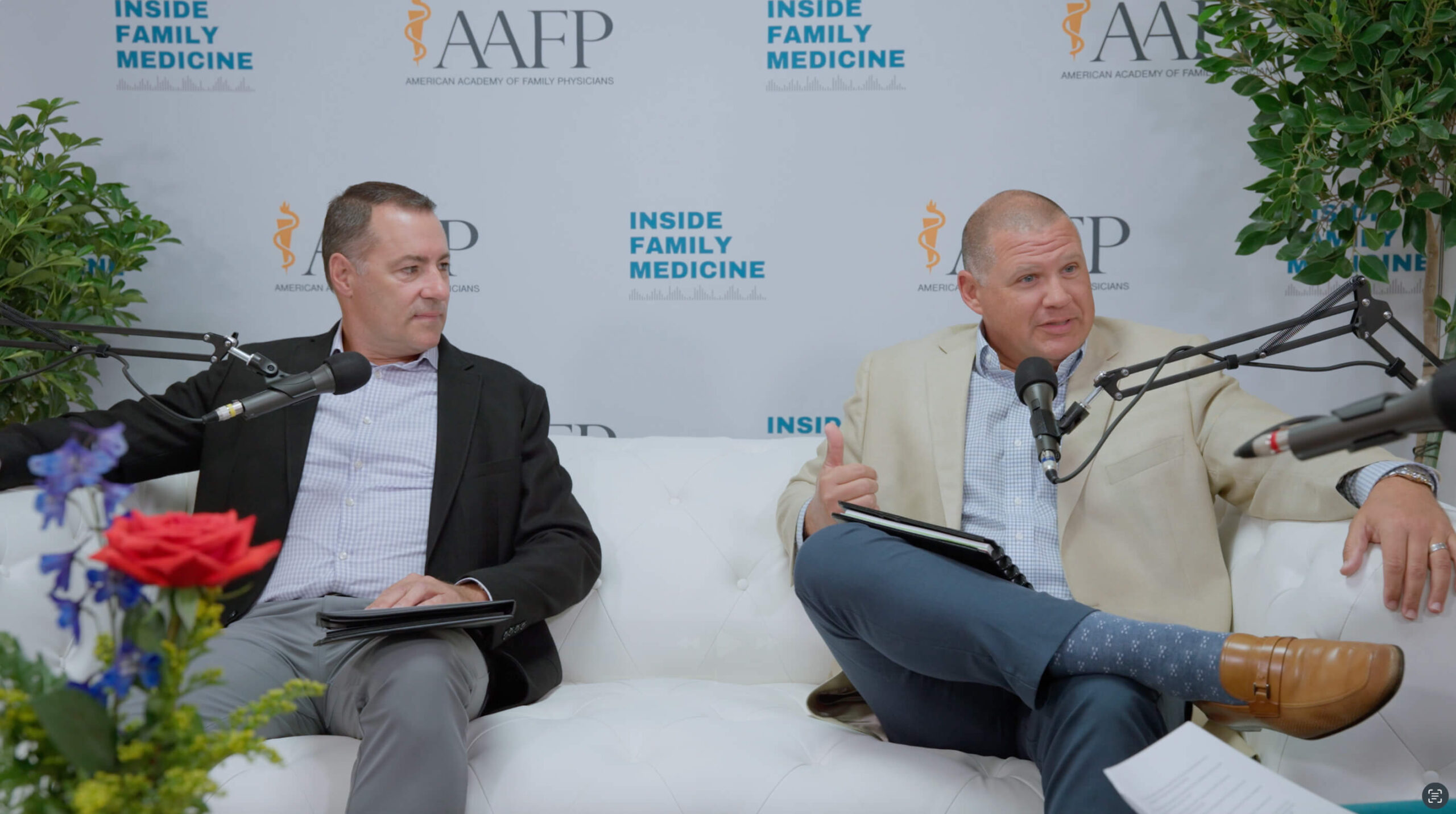Resident compensation
In the report, the average resident salary is $55,350 with residents specializing in family and internal medicine earning the lowest income at $52,000 and $53,000 respectively. Depending on medical specialty and length of residency, average salaries can reach as high as $66,000.
There are also regional differences in resident compensation. Average salaries by region are:
• Northwest – $71,000
• Northeast – $61,000
• West – $57,000
• Southwest, South Central, Great Lakes & Mid-Atlantic – $54,000
• North Central – $52,000
• Southeast – $50,000
The report cites that one of the reasons why these regional differences may exist is because Medicare subsidies for graduate medical education (GME) within certain regions are among the largest beneficiaries for resident payments, whereas those in parts of the Southeast, Southwest, and South Central regions receive lower subsidies.
Overall, do residents feel fairly compensated? 57% of female residents reported feeling fairly compensated for their work compared to only 48% of their male counterparts.
Medical school debt worsens
The AAMC reports that the median cost to attend a four-year medical school in 2013 was $278,455 at private schools and $207,868 at public schools. While 25% of residents currently have no debt, 36% owe more than $200,000 after their first five years of residency.
Over the years, resident debt loads have increased faster than the rate of inflation and resident compensation. Considering that resident compensation has remained unchanged for nearly 40 years, rising debt is outpacing resident income levels. What’s more, is that grants and scholarships rarely cover the cost of attending medical school with “full-ride” scholarships being few and far between.
If you’re a resident struggling to make ends meet and need help protecting your future income, check out these tips on how you can manage your personal finances.
Doctor-patient relationship
In a recent post, we discussed how technology and the use of EHRs in the doctor’s office may affect the doctor-patient relationship. Residents are also experiencing the importance of being able to balance administrative work with patient contact in the digital age. 61% of women and 57% of men felt that there was a reasonable balance of “scut” (administrative) work during their residency. On the other hand, 25% of male residents thought there was too much scut work, compared to 20% of female residents. Residents will need to get used to performing administrative tasks since this is work they will need to do for their entire medical career.
Most rewarding part of the job
In the survey, most residents reported that “gratitude/relationship with patients” and “being very good at what I do” were the most rewarding parts of the job. However, residents between their 5th and 8th years reported that “the potential for making good money” was the most rewarding part of the job.
While idealistic motivations are an important part of being a physician, other factors such as of job security, debt load, and social status increasingly outweigh these optimistic notions.
No one said becoming a doctor would be easy, and while residents will face many challenges throughout their career – financially and professionally – what’s inspiring to know is that 83% of them still look forward to practicing medicine as a physician.
To read the full Medscape report, click here.
Photo Credit: wavebreakmedia/Shutterstock




